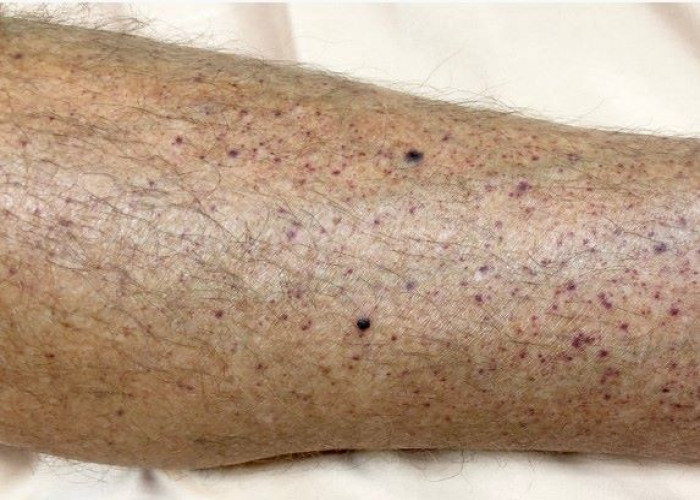 Welcome
Welcome
“May all be happy, may all be healed, may all be at peace and may no one ever suffer."
Immune thrombocytopenia (ITP)
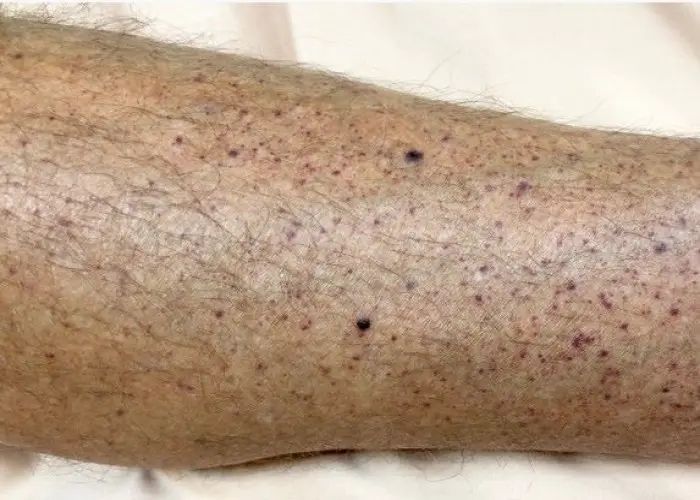
Immune thrombocytopenia (ITP) is a bleeding disorder that occurs when the immune system mistakenly attacks and destroys platelets in the blood. Platelets are cells in the blood that help to form clots, which are needed to stop bleeding after an injury.
In ITP, a low platelet count can lead to excessive bleeding or bruising, even from minor injuries. Other symptoms may include fatigue, weakness, and petechiae (small, pinpoint-sized red or purple dots on the skin).
ITP can be acute (short-term) or chronic (long-term). Acute ITP often occurs in children and may develop after a viral infection, while chronic ITP is more common in adults and may last for many months or even years. The exact cause of ITP is not known, but it may be triggered by a viral infection, certain medications, or an autoimmune disorder.
Treatment for ITP depends on the severity of the symptoms and the individual's age and overall health. In mild cases, no treatment may be necessary. However, if the platelet count is very low, medications such as corticosteroids, immunoglobulins, or immunosuppressants may be prescribed to help raise the platelet count. In some cases, surgery to remove the spleen (splenectomy) may be recommended.
Regular monitoring and follow-up with a healthcare provider are important for individuals with ITP to help manage their symptoms and ensure appropriate treatment.
Research Papers
Disease Signs and Symptoms
- Excessive bruising
- Veins are dark purple or blue in color
- Bleeding from gums
- Nose bleeding
- Blood in urine (hematuria)
- Heavy menstrual period or bleeding
Disease Causes
Immune thrombocytopenia (ITP)
Immune thrombocytopenia usually happens when your immune system mistakenly attacks and destroys platelets, which are cell fragments that help blood clot. In adults, this may be triggered by infection with HIV, hepatitis or H. pylori — the type of bacteria that causes stomach ulcers. In most children with ITP, the disorder follows a viral illness, such as the mumps or the flu.
Disease Prevents
Disease Treatments
People with mild immune thrombocytopenia may need nothing more than regular monitoring and platelet checks. Children usually improve without treatment. Most adults with ITP will eventually need treatment, as the condition often becomes severe or long term (chronic).
Treatment may include a number of approaches, such as medications to boost your platelet count or surgery to remove your spleen (splenectomy). Talk with your doctor about the risks and benefits of your treatment options. Some people find that the side effects of treatment are more burdensome than the effects of the disease itself.
Medications
Your doctor will talk with you about over-the-counter medications or supplements you take and whether you need to stop using any that might inhibit platelet function. Examples include aspirin, ibuprofen (Advil, Motrin IB, others) and ginkgo biloba.
Medications to treat ITP may include:
- Steroids. Your doctor will likely start you on an oral corticosteroid, such as prednisone. Once your platelet count is back to a safe level, you can gradually discontinue taking the drug under the direction of your doctor. Long-term use of these medications isn't recommended because they can increase your risk of infections, high blood sugar and osteoporosis.
- Immune globulin. If corticosteroids don't help, your doctor may give you an injection of immune globulin. This drug may also be used if you have critical bleeding or need to quickly increase your blood count before surgery. The effect usually wears off in a couple of weeks.
- Drugs that boost platelet production. Medications such as romiplostim (Nplate) and eltrombopag (Promacta) help your bone marrow produce more platelets. These types of drugs can increase your risk of blood clots.
- Other drugs. Rituximab (Rituxan, Truxima) helps increase your platelet count by reducing the immune system response that's damaging your platelets. But this drug also can reduce the effectiveness of vaccinations, which may be needed if you later choose surgery to remove your spleen.
Surgery
If your condition is severe or persists despite initial drug treatment, your doctor may suggest surgery to remove your spleen. This quickly eliminates the main source of platelet destruction in your body and improves your platelet count, though it doesn't work for everyone. Living without a spleen permanently increases your susceptibility to infection.
Emergency treatment
Although rare, severe bleeding can occur with ITP. Emergency care usually includes transfusions of platelet concentrates. Steroids and immune globulin may also be given through a tube in a vein.
Disease Diagnoses
Disease Allopathic Generics
Disease Ayurvedic Generics
Disease Homeopathic Generics
Disease yoga
Immune thrombocytopenia (ITP) and Learn More about Diseases

Tuberculosis
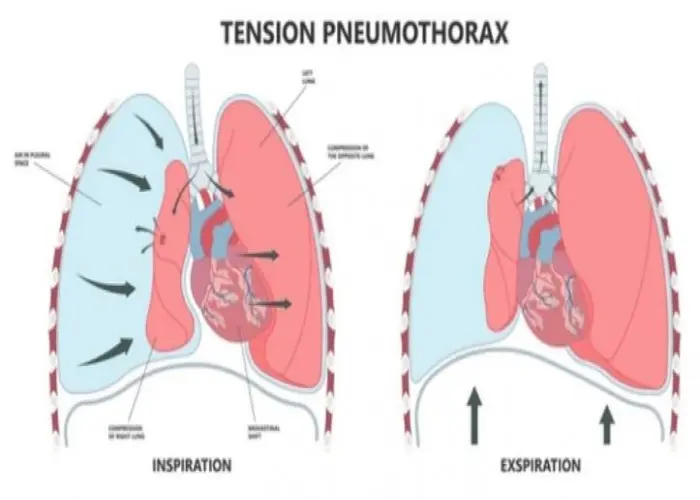
Atelectasis
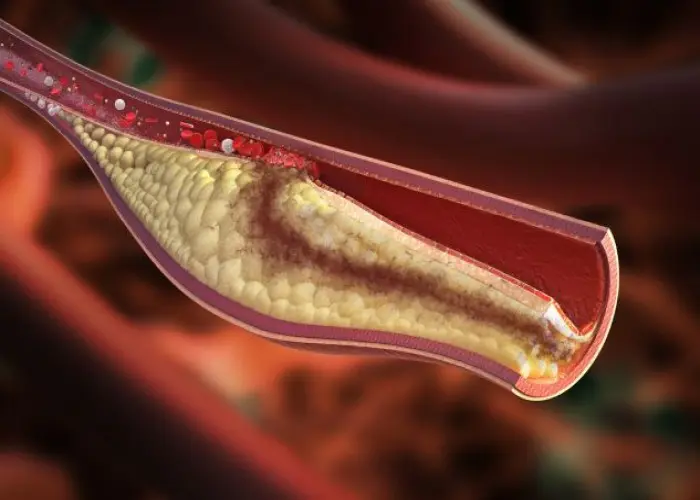
Acute coronary syndrome
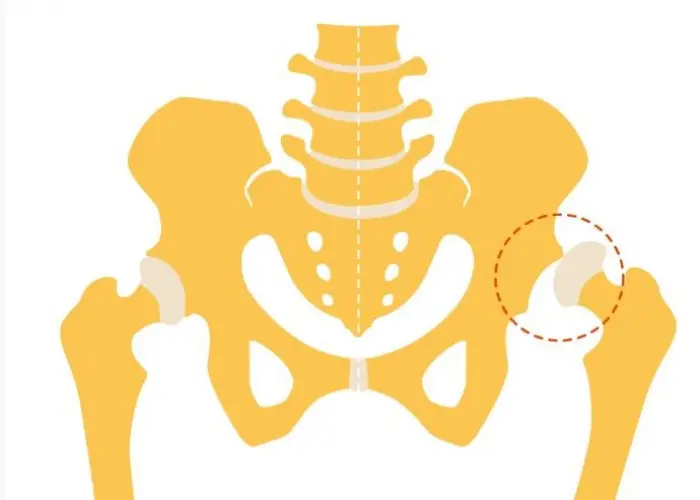
Hip dysplasia

Hair loss
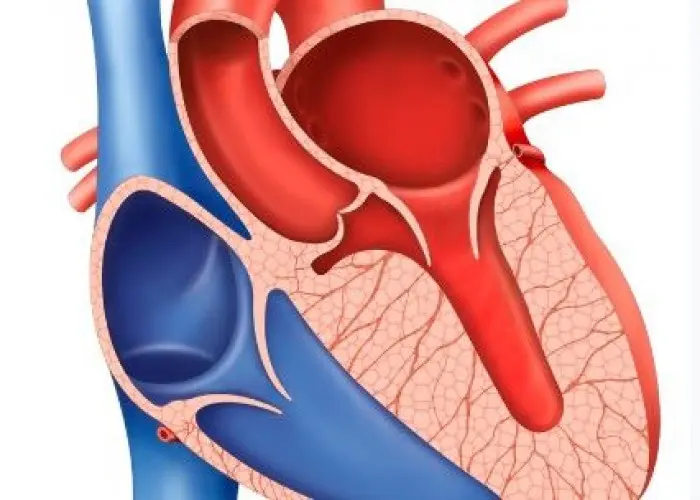
Hypertrophic cardiomyopathy
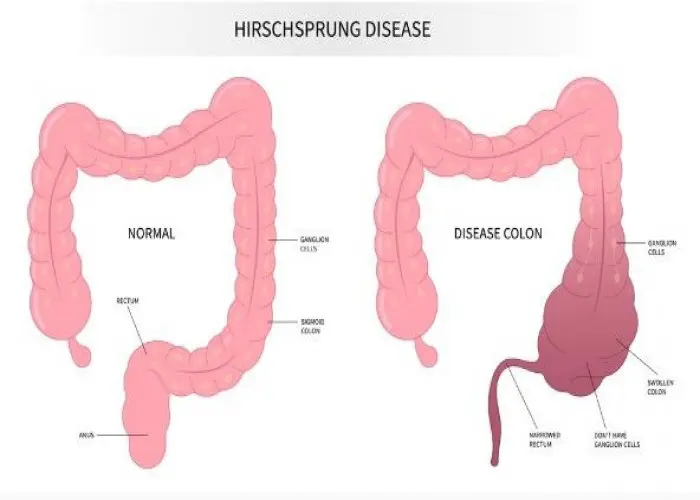
Hirschsprung's disease
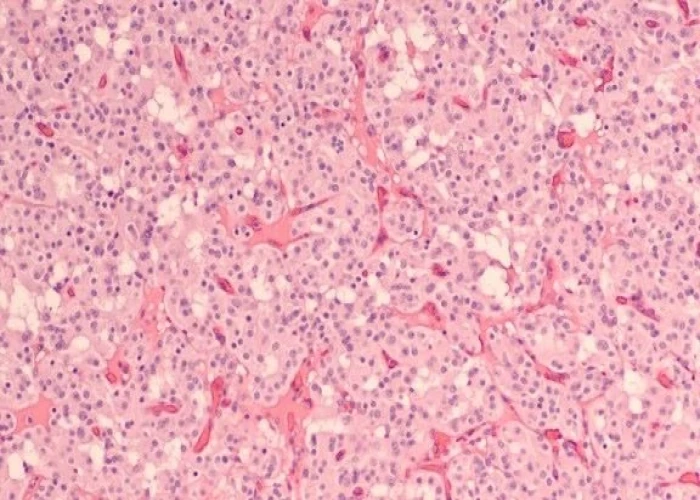
Pancreatic cysts
Immune thrombocytopenia, itp, ইমিউন থ্রোম্বোসাইটোপেনিয়া, আইটিপি
To be happy, beautiful, healthy, wealthy, hale and long-lived stay with DM3S.
